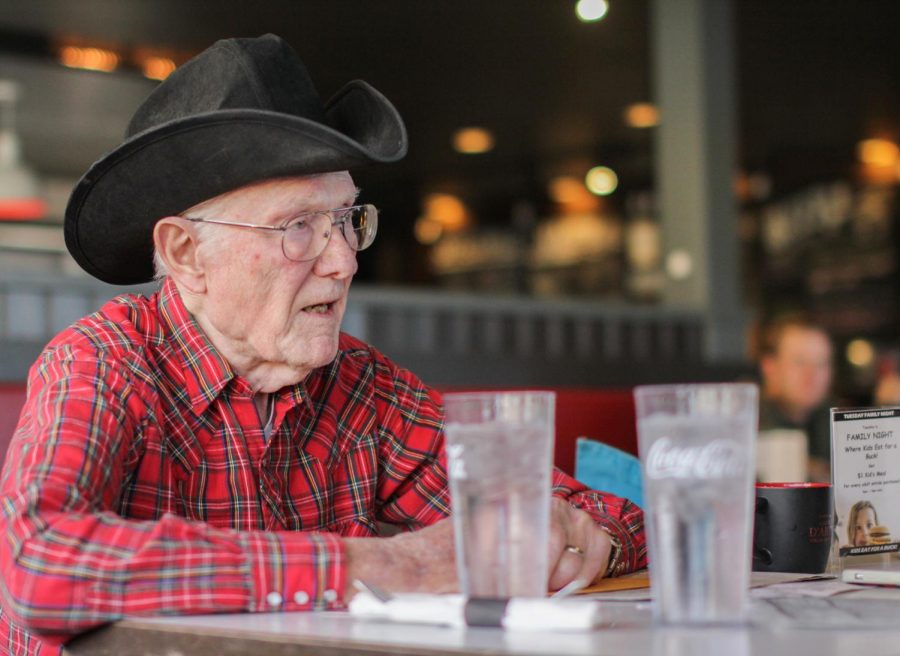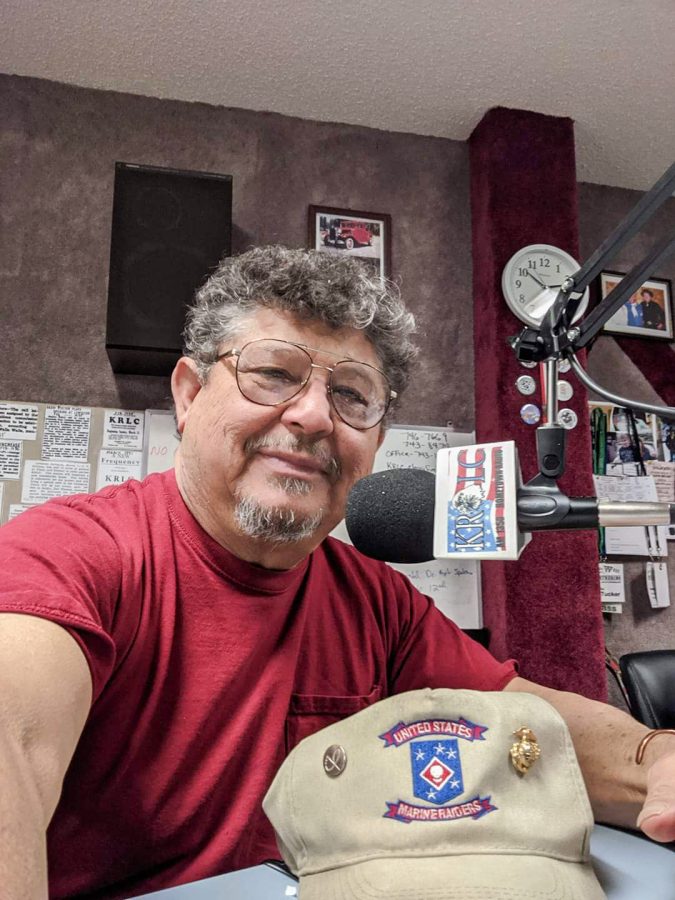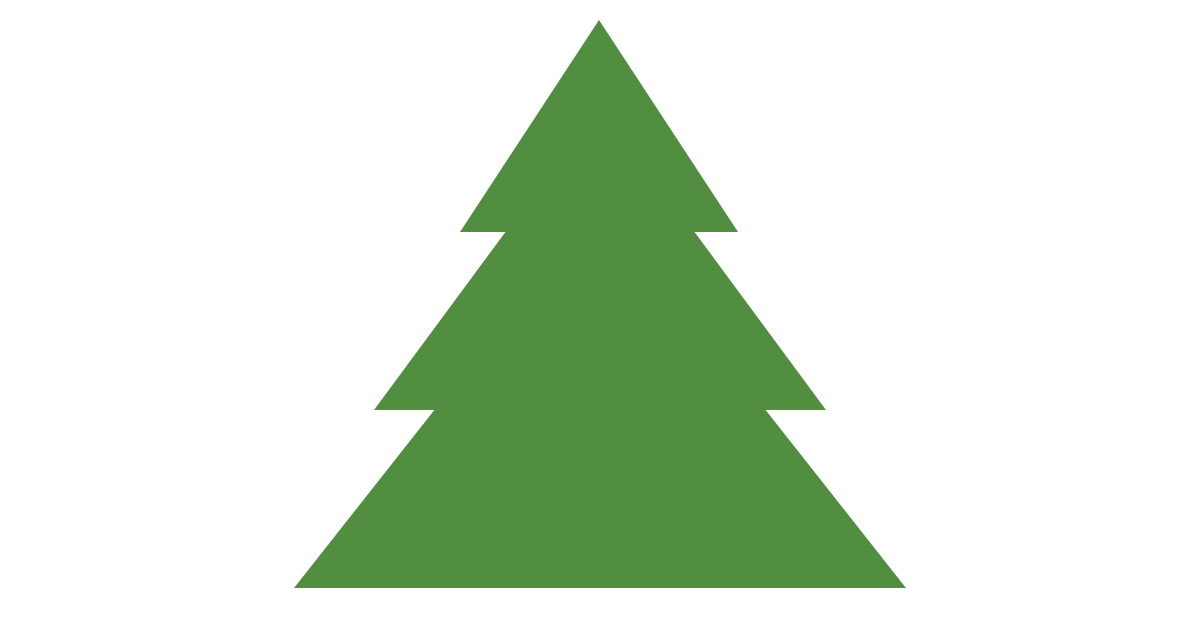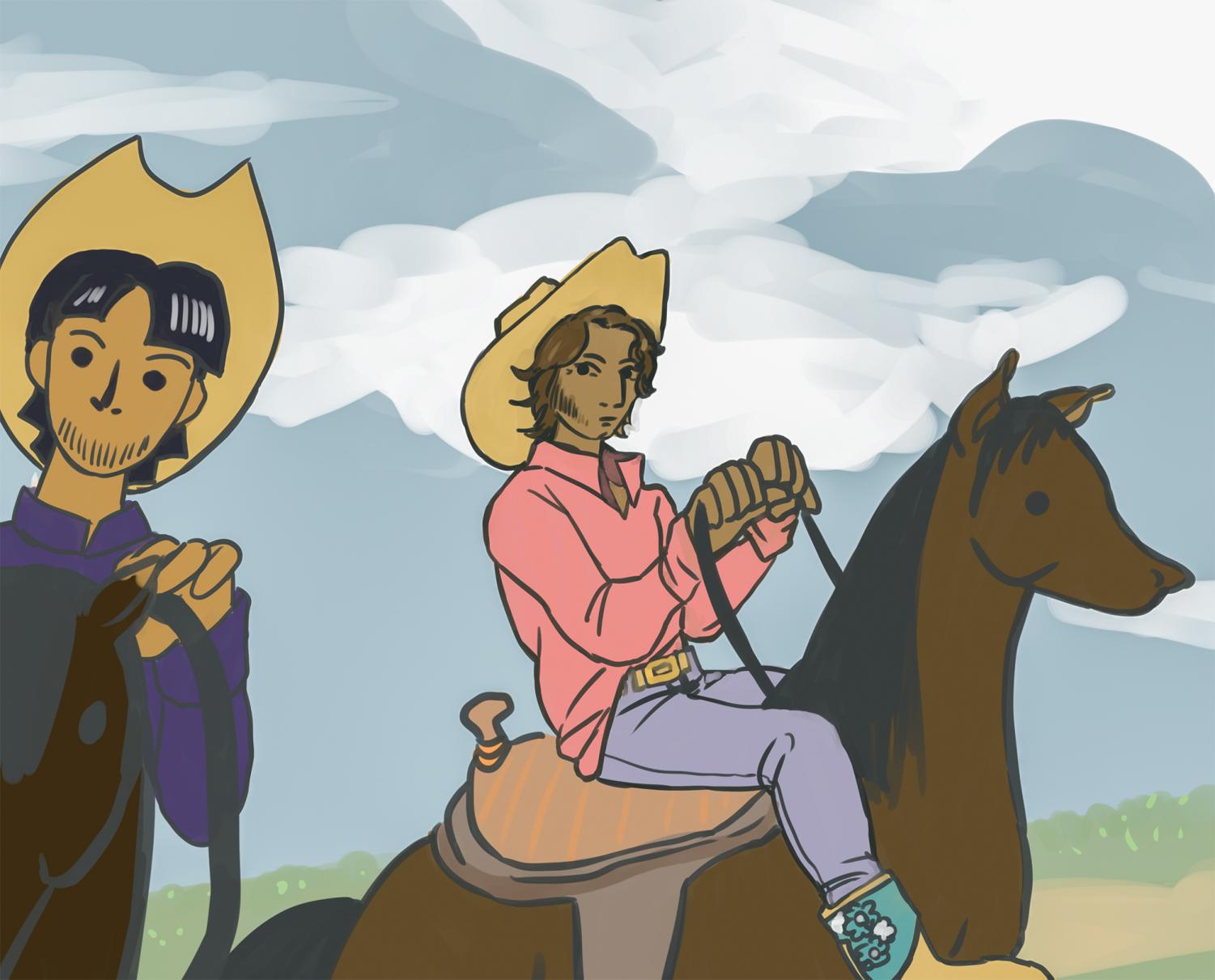Joel Kemegue is the current editor of the Mint section and a sophomore creative writing major from Bellevue, Washington. He enjoys reading, writing and...
Cowboy poetry is alive on the Palouse
Cowboy poets draw from their experiences to keep the subculture colorful
February 20, 2020
Cowboys existed long before Spotify or Barnes and Noble existed, but stories are even older. Back in the Old West, cowboys would tell stories and share music around the campfire, but that tradition didn’t die with the Old West.
And in the Palouse, we have the Palouse Country Cowboy Poets keeping the tradition alive.
“It’s cowboys … it’s an American classic type. Everybody in the world likes cowboys,” cowboy musician Bonifacio Dominguez said. “It was done around the campfire, now it’s done in concerts.”
Cowboy poetry and music evokes the old tradition by writing songs and poems based on Western themes. Rhyming and meter are a staple of the genre, and poets usually memorize their poems.
“These are not abstract poems,” cowboy poet Dick Warwick said. “These are very down to earth, and you want to be able to look your audience in the eye. You can’t do that if you’re looking at a page all the time.”
The genre dates back as far as cowboys do. When most cowboys were illiterate or had little education, oral poetry and music were the only way they could tell stories, Warwick said. This is also the reason why cowboy poetry and music emphasize the oral aspect: to pay homage to the tradition.
“Many of these people had prodigious memories for poetry and prose and a lot of them wrote poetry too because that was the entertainment,” Warwick said. “It was all verbal, it was all conversation, it was all interaction.”
Warwick said that because of the oral storytelling and isolation, there are variations of cowboy poetry from different groups and occupations, such as Vaquero poetry, logger poetry, fisher poetry, etc.
Warwick, who grew up on a farm in Oaksdale, Washington, also has a background in poetry, graduating from Stanford in 1968 as a creative writing major.
“Poetry is instant gratification,” Warwick said. “I have a short attention span — I need immediate gratification so that’s why I write poetry.”
He started making cowboy poetry in 1981, while working in Perth, Australia. The version he discovered there, bush poetry, uses music and poetry to tell stories about living in the Australian bush like cowboy poetry does for the West. Warwick said listening to a bush band perform was where he got inspired to start writing cowboy poetry.
But it wasn’t until 1990, after going to the National Cowboy Poetry Gathering in Elko, Nevada, that Warwick discovered what cowboy poetry actually was. And when Warwick went next year, he went as a featured poet.
“A line will come into my head, a line of words I know, and it will just develop into a poem,” Warwick said. “I don’t write terribly much about livestock. Mine is mostly about the land and about the ethos about the land, and the type of culture we have here in the West, and nature.”

David Nordquist was born on a farm in Ellensburg, Washington, and has been a cowboy since the age of six, going to the Ellensburg rodeo every year he lived there and getting his first horse in the fourth grade. Nordquist also said his mother used to read poetry to him, which started his love of poetry at a young age.
He graduated from WSU as a geography major in 1962, and returned as director of Business Services in 1967. In 1995, after he had retired, he went to a cowboy poetry seminar on campus, and there discovered the form.
“So I thought, ‘wow, I can combine my love for poetry with my wanting to be a cowboy,’” Nordquist said, “so it was a nice marriage.”
Nordquist said he performs at competitions, parties and cowboy gatherings across the country, just recently winning first place at a competition in Kennewick.
“I enjoy performing to audiences and I like the Western life,” Nordquist said. “So poetry about the Western life interests me.”

Dominguez grew up listening to country and Latin music, and at the age of 13 he ran away from his father’s cotton farm in Tamaulipas, Mexico and moved to Oregon.
“So I grew up listening to all those Latin stations my mom and dad used to listen to down on the cotton farm,” Dominguez said. “And when I came into the states, I started listening to country music and I just fell in love with the country music, but I still do a lot of the Latin stuff.”
From there he worked at labor camps, fought in Vietnam in 1968, came to Lewiston and worked for PotlatchDeltic for 38 years, and now has his own recording studio and dedicates himself to music.
Along with working on his own music, Dominguez plays bass in Beargrass Band and is a member of the Western Music Association. He also helped start two cowboy churches, which are churches centered around cowboy culture.
Dominguez said he got into cowboy poetry and music after meeting a promoter at a radio event and going to a cowboy poetry gathering in Santa Clarita, California.
Dominguez also said cowboy music is different from regular country music. Cowboy music is more simple, with one singer and one or a few instruments and not over-orchestrated, he said.
“It’s more of Riders In The Sky and stuff like that. It’s not the Top 40 that you hear. It’s more like classic country, but it’s more cowboy-style. More around-the-campfire style,” Dominguez said.
To become a cowboy poet, all recommend reading up on cowboy poets of the past, go to gatherings, and immerse yourself in Western culture as much as possible.
“Find something relating to the land or the West or nature or anything and see if you can write a poem about it,” Warwick said.
The men differ on whether cowboy poetry is growing or shrinking. Nordquist and Dominguez are more optimistic about the future, and believe cowboy poetry is only getting bigger, while Warwick said he believes it will always be a subculture. All of them, however, said they have no plans on retiring.
“I don’t think [cowboy poetry] is ever going to die,” Dominguez said. “It’s our heritage.”
“Secret Places” by Dick Warwick
Far from the city and highway,
Well removed from the traffic and crowds,
Where migrating birds of the flyway
Travel the wind and the clouds,
There are places where creatures throughout their span
Have scarcely seen nor heard of man.
Such a place may exist not far off the trail
In a brush-choked, rocky ravine;
Or up on a ridge, or down in a swale
By a spring-fed garden of green.
And whether it’s viewpoint, outcrop or rill
It’s usually a place that’s quiet and still.
A cowboy, during a day of riding
To round up the stray whiteface
May seek one lost or hiding
In such a silent, lonely place.
Now the spot may intrigue him just for its own sake
And he’ll rein in his mount to pause for a break.
For a time he may drift in a daydream—
At length, he speaks to his horse
And they resume their working regime
And continue on their course.
But the rider may not know, or mind,
That a part of him has stayed behind.
Now the trails may take him to faraway regions
From which he can never return;
He may find himself lost amid legions
Of strangers who show no concern,
And where time isn’t measured by ancient routines
But is told by the ticking of countless machines.
Then his thoughts may lift him and carry him back
To that place to which once he came
When he followed a whim or a stray steer’s track
To where the land and his soul seemed the same.
And though years and miles now stand between
He’s still part and parcel of that scene.
Yes, a place he saw maybe once or twice
In some remote terrain
Becomes his secret paradise
And is his soul’s domain.
It is what sets each person apart—
The hidden landscape of the heart.
So anywhere in the solitaire,
Though you may not see nor hear it,
You may chance upon a province where
There dwells a cowboy’s spirit;
For with this earth we each connect—
Treat each portion with respect.
“Old Cowboy’s Lament” by David Nordquist
Now I ain’t one to complain a lot
But lately it seems like my clothes
Are all too small and just don’t fit
From my head down to my toes.
My jeans don’t fit so good no more.
They’ve shrunk up real tight
Around my middle, dont’cha know?
It’s just a dreadful sight.
My belly hangs way over and down
Like one of them Viet Nam pigs
And bounces and jounces all around
If I try to dance a jig.
But that’s not the worst, there’s more to tell;
That belly’s embarassing me
For now it’s beginning to cover the buckle
I won in ‘53.
I was bareback champ away back then
At the Ellensburg Rodeo.
An’ I been wearin’ that buckle ever since
Come rain or shine or snow.
But now I’m in such sorry shape
That buckle hardly shows.
And if I look down toward the ground
I can scarcely see my toes.
And the rest of me’s doin’ just as bad
Or maybe worse, I fear.
For my eyes are bad, my ears don’t hear
And my libido’s stuck in second gear.
I’m in a fix, caught in a bind,
Just a turrible plight.
But I ain’t givin’ up — no, sir —
I’ve just begun to fight.
I’m thinkin’ ‘bout goin’ to one of them spas
And hobnobbin’ with the snoots
Where they watch your diet real close
And don’t ‘low Saturday toots.
Or maybe, yeah, this sounds pretty good,
I’ll get me a machine
Where I can push and pull and lift and shove
And get to lookin’ lean.
Next I’ll get me some of them pills,
That’s meant to give you jive.
Then maybe I can shift from second
Clear into overdrive.
And maybe, yes, just maybe
(This’ll probably make you chuckle).
Maybe some pretty cowgirl out there
Will ask about my buckle.
Oh yes, I’m ready, I’m set,
I have firmly set my goal.
And I’m gettin’ started just as soon
As I finish this cinnamon roll.
“Just A Cowboy” by Bonifacio Dominguez
I am just a cowboy
And my story’s often told
A swashbuckling rider
Shootin’ bad guys and rightin’ wrongs
But I’m just a lonely rider
With empty pockets and hard times
And no end to the trail I’m ridin’
Until it comes my time
And all there’ll be is an empty saddle
And no one to remember why
I rode that long cold lonely trail
Until the day I died
And I am just a cowboy
Ridin’ and growing old
Until that lonely time
That the good Lord calls me home




Gene Buchholz • Feb 25, 2020 at 5:52 pm
Glad to see you started this website. I hope there will be many contributers soon. Thanks for the poems.
David L Woodruff • Feb 21, 2020 at 11:22 am
I love the article and the poems. Bodie ( Bonifacio) is a friend of mine though I’ve never actually met him in person yet. I just wonder about the illustration. I have never seen a saddle horn on the back of a saddle: always in front of the rider. That would be the only thing I would suggest you tweak